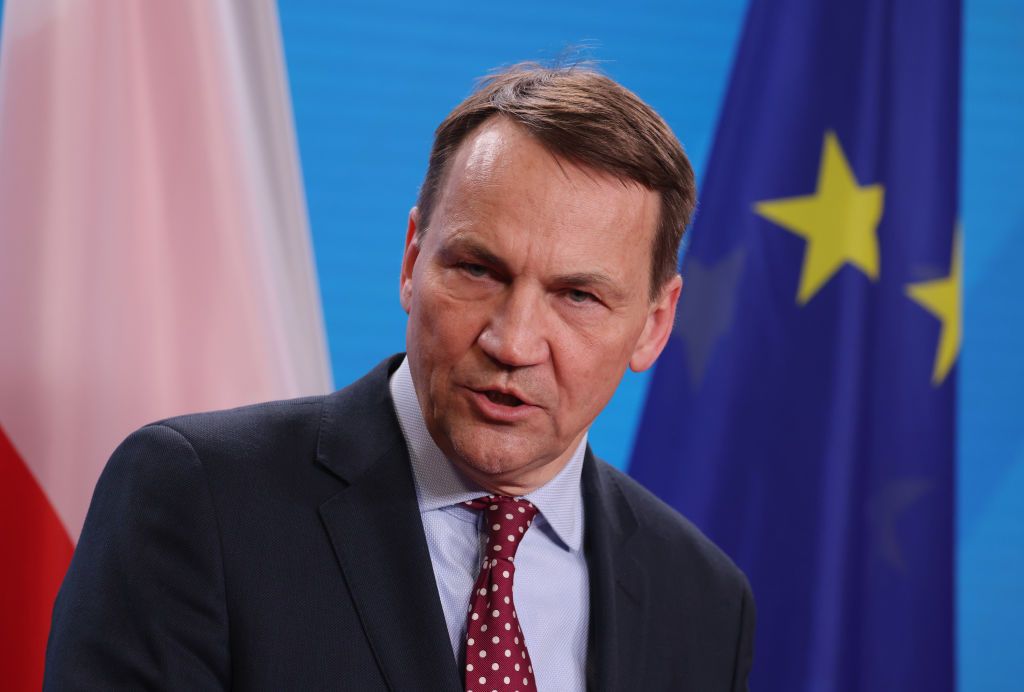FT: German hesitation over EU defense fund reforms could delay Ukraine aid

Facing its own domestic budget issues, Germany has voiced opposition to proposed reforms to the European Peace Facility (EPF), the EU's funding mechanism for sustaining European military supplies to Ukraine, which may threaten the timely delivery of weapons to Ukraine, the Financial Times (FT) reported on Feb. 5, citing sources.
The EPF was designed to exist apart from the regular EU budget to reimburse member states for military aid they send Ukraine. It has largely been depleted, and the EU is discussing a new 5 billion euro ($5.4 billion) investment into the fund, which is currently being held up over disagreements on how the EPF should be run.
"Brussels says: 'pay first, get refunded later,'" one EU diplomat told FT, but Germany and other countries would like to see changes to the overall reimbursement model.
Larger EU countries contributing to the fund have complained that smaller countries with stockpiles of Soviet-era equipment sent outdated military gear to Ukraine and used the reimbursements to modernize their own arsenals.
Countries like France and Germany with existing military-industrial capacity would like to see a shift away from reimbursement to the EU directly funding arms contracts and are pushing for such a transition to occur quickly.
The current proposal is for the reimbursement model to be slowly phased out, possibly by the end of 2024, sources told FT.
The ongoing debate threatens to cause delays in the delivery of weapons to Ukraine and comes at an especially challenging time, given that security assistance from the U.S. has been mired in domestic political disputes and all but dried up.
While the EU managed to unanimously pass a 50 billion ($54 billion) fund for Ukraine last week, the package is more geared towards financial assistance to keep the Ukrainian state running, rather than military aid. Ukraine is increasingly facing a "critical" shortage of artillery shells, Defense Minister Rustem Umerov reportedly said in January.
The EU had promised to deliver Ukraine 1 million shells by March 2024 but is far behind the target and unlikely to reach it within the next month.
Josep Borrell, the EU's top diplomat, said earlier in February that negotiations on the proposed EPF reforms were underway but cautioned that the EU must "reach an agreement as soon as possible, because there is no more time."
"In the next month we have to increase our military support to Ukraine . . . I don’t think we have the sense of urgency when we deal with that," Borrell added.











